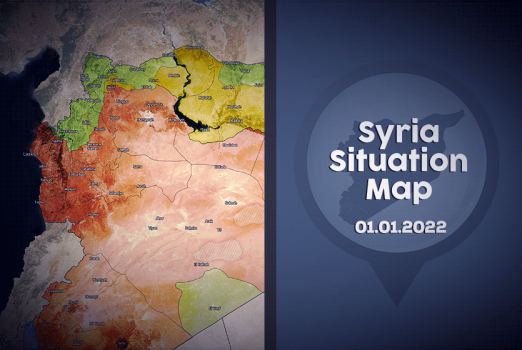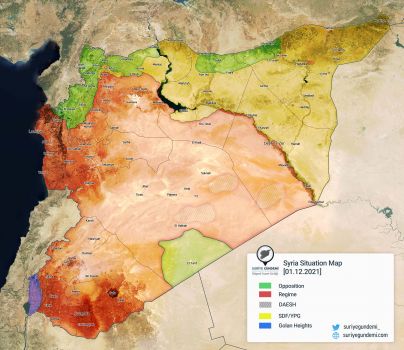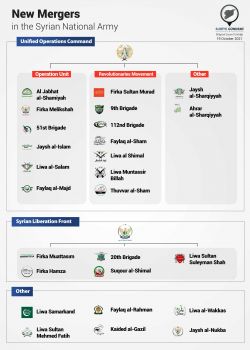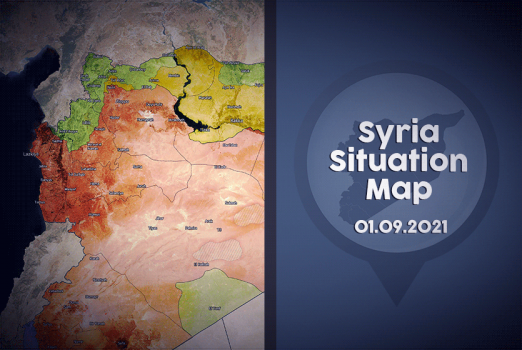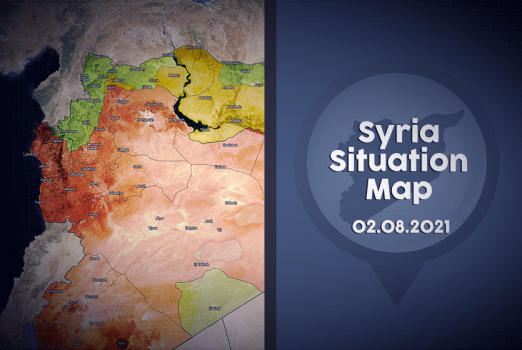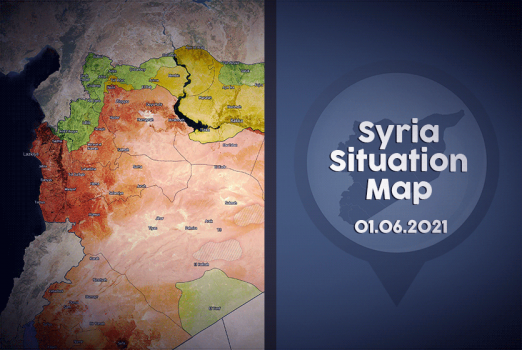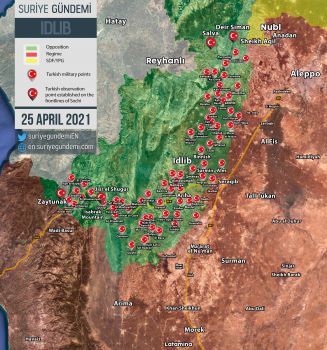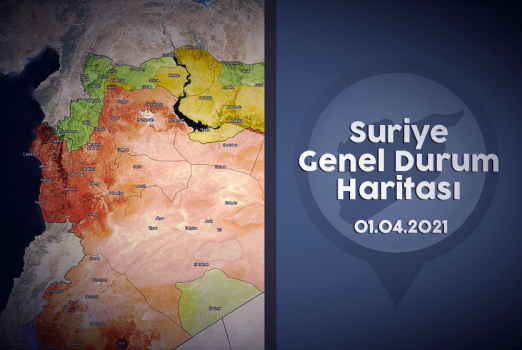The capture of Libyan Al-Watiya airbase by the Government of National Accord (GNA) gave an incentive to assume that Khalifa Haftar’s foreign allies have reduced their support to the Libyan National Army (LNA). Russia is an essential part of Haftar’s “foreign support” group. Yanvarev states that this defat gave an impetus for experts to set for stipulation a prospect of Haftar losing the support of players such as Russia, Egypt, and UAE. Meanwhile, the Syrian sources are trying to raise doubts regarding such a conclusion. Hence, TV channel Deir Ezzor 24 stated that Russian military commanders are training 35 people from the Syrian north-eastern province of Deir Ez-Zor to be sent to Libya. According to the source, Russian troops promise a salary of two thousand dollars for recruits.
Furthermore, the Foreign Policy outlet states that Colonel Alexander Zorin is responsible for the recruitment process. Zorin represented the Russian Ministry of Defence in the Geneva process in 2016. He is also known as a mediator for reconciliation between government forces and oppositional groups in the Southern provinces of Syria. According to Foreign Policy’s source, in April 2020, Zorin visited Southern Syria in search of new militants for Haftar. The rapidly impoverished region of Deir ez-Zor is referred to as the cradle of mercenaries for the Libyan on-going turmoil. In July 2018, with Russian assistance, several opposition groups reached a consensus with Damascus after the US withdrew its support from them. However, this development added complications to Damascus’ long-lasting economic problems – it is not able to provide material support to the local population.
The News.ru sources say that the transfer of Syrian mercenaries to Libya started in 2019. Moreover, the first group included captive (by the regime) militants of the ISIS, with whom otherwise Damascus did not know what to do. The fact that Russia could have been overseeing the transfer is not excluded by the sources. The Foreign Policy interlocutors regard recruitment of Damascus-loyal Syrians a bad idea since they are unaware of peculiarities of Libyan hostilities as well as of territories. The outlet also notices the lack of enthusiasm behind Wagner, which is known to support Haftar. Sources of Arabic Post state that there are serious disagreements between Wagner and Haftar’s commanders regarding the fulfilment of obligations and regular payments. Moreover, it is believed that after Haftar refused to observe the ceasefire agreed by Russia and Turkey, the Wagner fighters stopped participating in several “hot spots” on the Haftar’s side. As of now, they are supposedly deployed in Tobruk and Dern. Besides, the UN experts believe that currently Wagner fighters assist LNA in the repair of the technical equipment, perform the tasks of artillery officers and front-line air traffic controllers, and provide recommendations on radio-electronic countermeasures.
Yanvarev concludes that the attempts of the self-proclaimed Libyan field marshal Khalifa Haftar to call for a truce in the month of Ramadan were nothing more than an acknowledgment of his weakness in the face of GNA’s increasing strength due to Turkish support. It was of crucial importance for Haftar to win time to consolidate his ground troops and convince Moscow (despite the existing misunderstandings) that he is need of help. To some extent Haftar’s failures are capable of proving wrong the hypothesis that Russia closely assists him. Moreover, Yanvarev states that the only thing LNA’s leader might account for is new cadres from Syria, since the direct Russian support is too much of a price.
Source:
Январёв. И, “Хафтар ставит зарубежных союзников в глупое положение”, 19 May, 2020, from https://news.ru/world/haftar-stavit-zarubezhnyh-soyuznikov-v-glupoe-polozhenie/ (Access date: 23 May, 2020)





